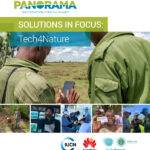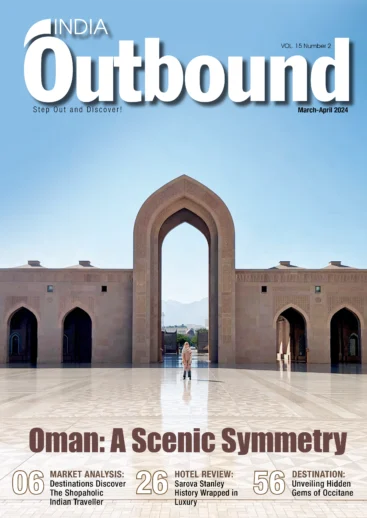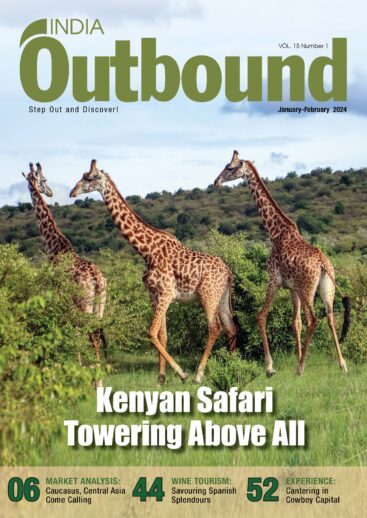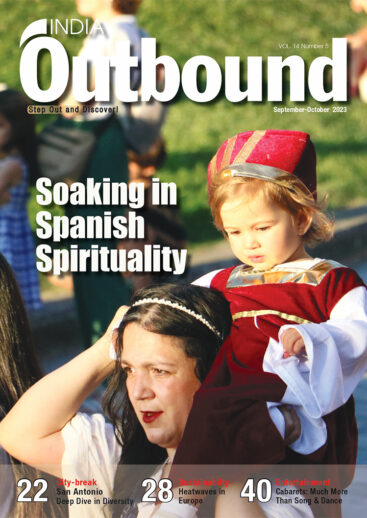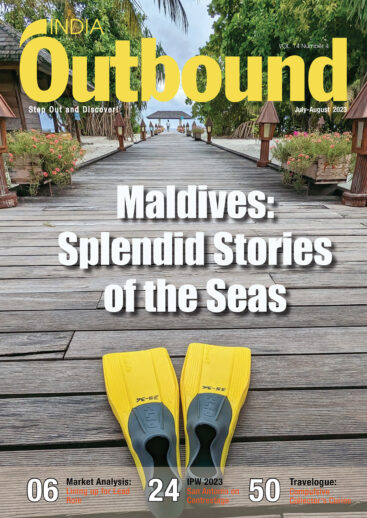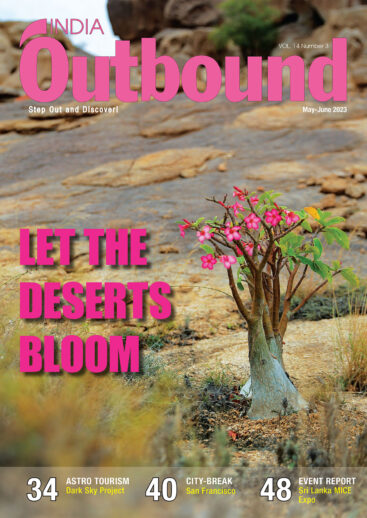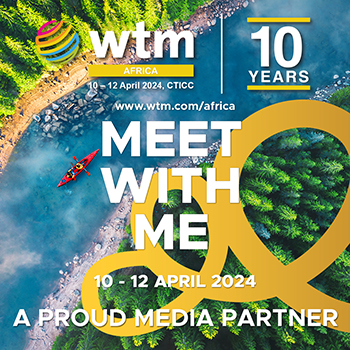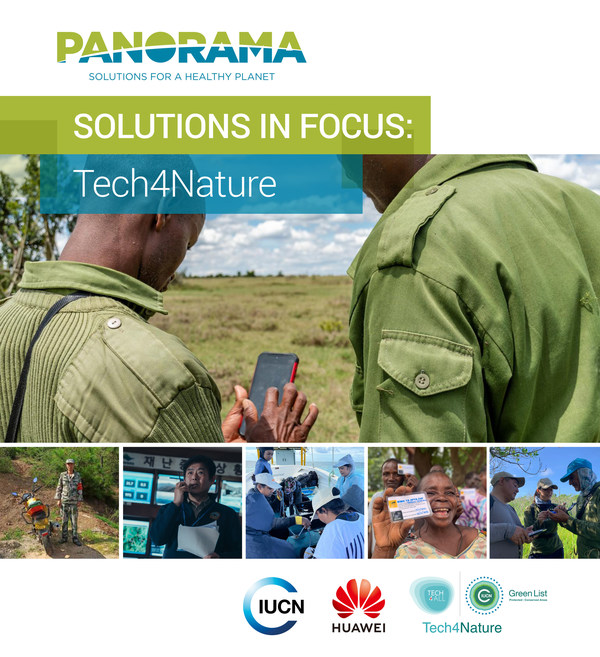
Huawei and IUCN have selected Sant Llorenç del Munt i l’Obac Natural Park in Barcelona Province in Spain for a new Tech4Nature project
Chinese electronics giant Huawei has joined hands with the leading global conservation organisation, International Union for Conservation of Nature (IUCN), to mount a unique project to study the impact of tourism on biodiversity, an issue of rising concern globally as overtourism has led to serious degradation of several sensitive ecosystems in various parts of the world.
Huawei and IUCN have selected Sant Llorenç del Munt i l’Obac Natural Park in Barcelona Province in Spain for a new Tech4Nature project to study how tourism impacts the park’s ecosystem, notably the Bonelli’s eagle.
According to a press statement, the park has seen a clear increase in visitors since the pandemic, reflecting a growing trend of leisure and tourism in periurban natural and protected spaces. As a result, park managers have observed changes in the behavioural patterns of the Bonelli’s eagle, which nests in the park and is listed as vulnerable in the Spanish Red Book of Birds.
Scheduled for launch in February 2023, the project will see Huawei and partners developing and deploying a tech-based solution comprising cameras, GPS receivers, and a cloud platform that will serve as the computing and storage infrastructure. Forming an alert-detection system, the solution will observe and monitor the mobility of the eagle and determine the factors that disturb its reproductive success – human disturbance to breeding areas has already been identified as a major threat to the eagle.
The statement adds that the data collected will be sent to the cloud platform for analysis by AI, which will help guide conservation decisions, support park managers in responding quickly and effectively to potential environmental risks, and educate the public on conservation.
“The project will help us to have more information to manage and regulate public use,” said Ángel Miño, director of the Natural Park under Barcelona Provincial Council. “It will also bring biodiversity conservation closer to the general public, as videos and other dissemination materials are planned. In collaboration with Huawei and IUCN, the project allows us to make a qualitative leap by incorporating new technologies to the monitoring and conservation of species,” Miño adds.
To boost research and biodiversity protection outcomes, Miño emphasised that expanding public-private partnerships to include universities and the business world is a key facet of the park’s management strategy and essential for success, a viewpoint shared by other project’s partners.
“Collaboration between public institutions and the private sector is increasingly necessary to determine success in the face of complex environmental challenges,” said Antonio Troya, Director of the IUCN Centre for Mediterranean Cooperation. “We have the opportunity to take advantage of technological innovations and incorporate them into conservation measures for our ecosystems. This project exemplifies how cooperation and mainstreaming are the way forward to halt biodiversity loss,” Troya added.
Running under the IUCN-Huawei Tech4Nature partnership in line with the IUCN Green List and Huawei’s TECH4ALL initiative, the park managers – Barcelona Provincial Council – will launch the project in the park in early 2023. The technical solution will be developed by Huawei in collaboration with the University of Girona during 2023 and 2024.
The Tech4Nature partnership, which aims to develop technology-based conservation solutions for 300 protected areas over three years and measure project efficacy against the IUCN Green List, combines IUCN’s nature conservation experience and Huawei’s expertise in developing cutting-edge digital technologies.
“This project is the first of its kind that we are launching in Spain, after dozens of successful experiences of developing solutions to protect different species and natural spaces in countries around the world using advanced technologies such as cloud, AI, and connectivity,” said Eric Li, CEO of Huawei Spain. “The role of the technology industry in meeting this challenge is key, but only through collaboration with strategic and committed partners can the objectives be achieved in a real way,” added Li.
As well as ensuring that Sant Llorenç del Munt i l’Obac Natural Park can balance biodiversity protection with enjoyment for all, it is hoped that this model can be perfected and replicated in other protected areas of Spain.








